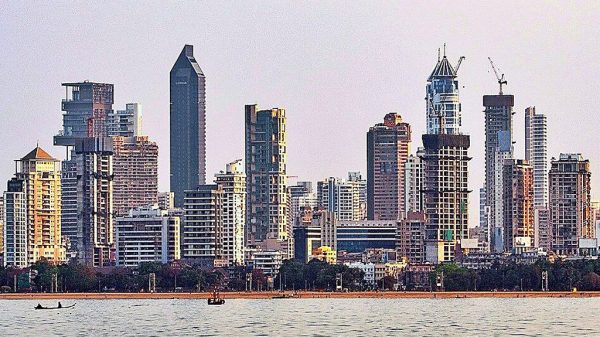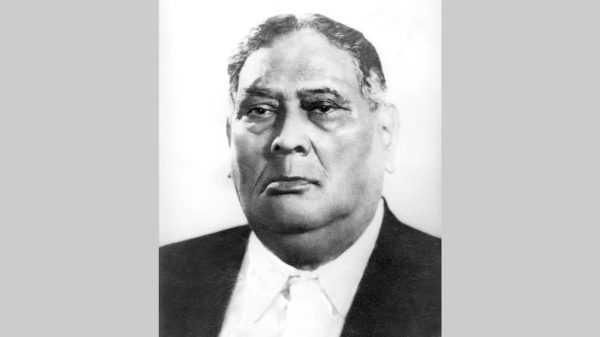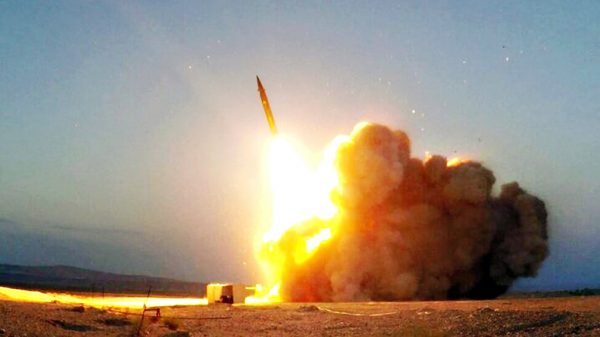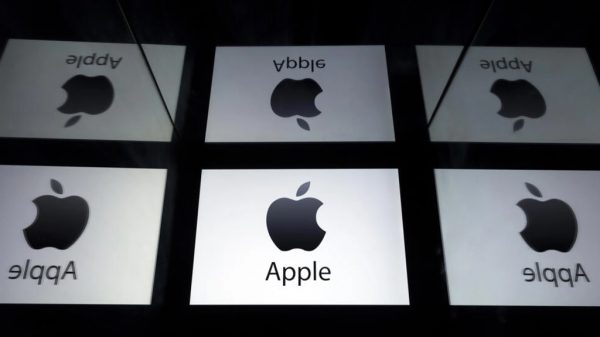Get Ready for Fourth Industrial Revolution

M. M. Shahidul Hassan :
Bangladesh emerged as an independent country in 1971, and at that time, there existed only six public universities, and the total number of students was around 25,000. At present, there are 48 public and 103 private universities, and total enrollment excluding national and open universities exceeds 0.6 million. Over 50 years since independence, the increase in the number of universities and students is quite significant. However, in the age of globalization, it is important to consider the extent to which universities in Bangladesh have changed and the changes that have taken place in universities across the world. It is now a very pertinent question whether there is a need to change the existing education system and teaching method that the universities of Bangladesh have been practising since 1971 or earlier. We know about the educational changes that have taken place in the developed countries with the change of the Industrial Revolutions. The third industrial revolution started 25 years before the birth of this country. Till now, our universities have done little in producing graduates with the skills required for industries.
The Third Industrial Revolution featured the spread of automation and digitization through the use of electronics and computers and the discovery of the Internet. We have not noticed its rippling effects upon society, economics, and education in Bangladesh until the end of the 20th century. Science and engineering education did not spread much. Application of electronics and information technology to automate production was in its infancy. However, the prevalence of higher education began after the enactment of the Private University Act in 1992. A remarkable development has taken place in private higher educational institutes. Youths from different walks of life are coming both to the public and private universities for higher studies. The objectives of higher education have shifted from creating the elites needed for civic service to the need for educated masses to support economic growth. The government has successfully managed to produce more students majoring in science and engineering, particularly in computer science and engineering. Another change that occurred in higher education is that a large number of young people are attracted to pursue degrees in business administration.
However, universities cannot claim to have produced graduates with the skills required for a competitive labour market. For example, more than eighty thousand foreign people are working in different capacities in Bangladesh and remit over $5 billion. If our universities could produce graduates with high-level skills in the mentioned fields, they would have replaced foreigners and saved huge foreign currencies.
The use of internet technology and industrial automation in Bangladesh has started at the end of the 20th century. Now the Fourth Industrial Revolution, which is also called Information Age, in 2011 is building on the Third Industrial Revolution. Robotic process automation and artificial intelligence lead to massive improvements in productivity and quality control and can free employees from routine and time-consuming work. The Internet of Things (IoT) can enable large-scale production, end-to-end data collection, and advanced decision-making for real-time reporting. However, we do not yet know just how it will unfold, but one thing is clear: the response to it must be integrated and comprehensive, involving all stakeholders from the public and private sectors to academia and civil society.
The fourth industrial revolution has modernized industries so substantially that much of the work that exists today will not exist in 50 years’ time (Marwala et al., 2006). The World Economic Forum (2018) reports that about 65% of children entering primary school today will find jobs that do not exist yet. To succeed in this type of unpredictable labour market, graduates must be lifelong learners, have consistent adaptation, and are willing to go across the industry. The 4th Industrial Revolution is not merely a prolongation of the Third Industrial Revolution but rather a new and distinct revolution.
Each previous revolution is called disruptive as it shattered outdated existing business models, and by using technology, industries win customers in exciting new ways. New revolution demands new skills, which throw challenges for workers with old skills. As it happened for all previous revolutions, it will also happen for the 4th industrial revolution. Automation substitutes labour across the entire economy resulting in the net displacement of workers by machines, and this might exacerbate the gap between returns to capital and returns to labour. It is also possible that technology will lead to a net increase in overall, secure, and productive jobs. We cannot predict at this moment which scenario is likely to emerge, but history suggests that the result may be a combination of the two.
As more and more new technologies are coming, the 4th Industrial Revolution will also create more wealth and additional jobs elsewhere in the economy, and the number of new jobs will grow dramatically. Due to the difficulties for some people, especially old people to adapt to the new job requirements and master new job skills, the real problem that people will face is structural unemployment, not lack of job opportunities. However, one thing is sure – in the future, educated talent, rather than capital, will represent the most important aspect of production. This will be a big challenge for Bangladesh. At present, 40% of the population of age 15+ has no education. We should right now start thinking of finding a solution to this problem.
The 4th Industrial Revolution needs a workforce equipped with skills such as critical thinking, complex problem solving, innovation, collaboration and communication, entrepreneurial thinking, and lifelong learning. Research findings on education support that universities can produce such graduates by overhauling traditional education system and adopting teaching and learning and assessment methods different from the present methods. I hope to discuss this topic in the future.
Bangladesh wants to achieve the status of a developed country by 2041. Developed countries are taking advantage of the 4th Industrial Revolution for their economic development. We should thus grasp the opportunity and power we have to shape the Fourth Industrial Revolution in Bangladesh’s economic growth.
The writer is the Vice Chancellor, East West University





























Leave a Reply